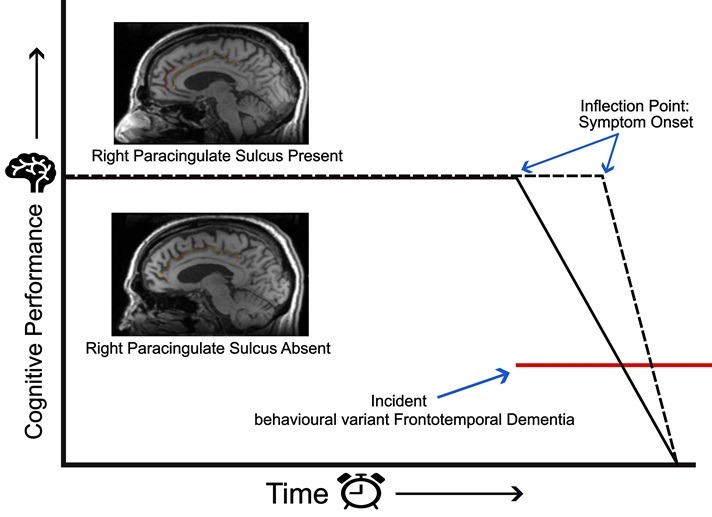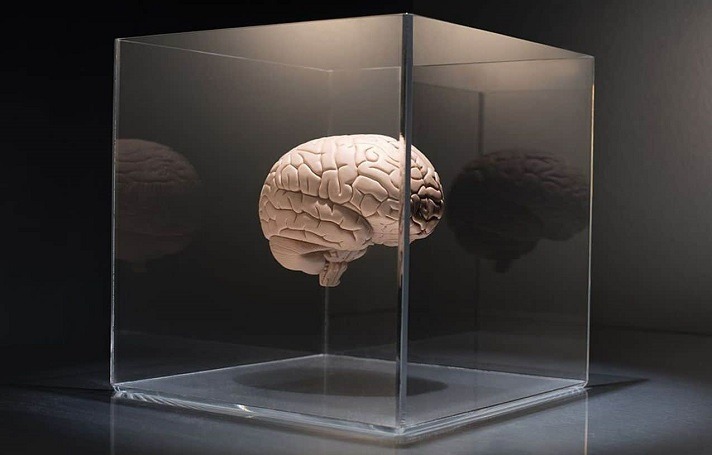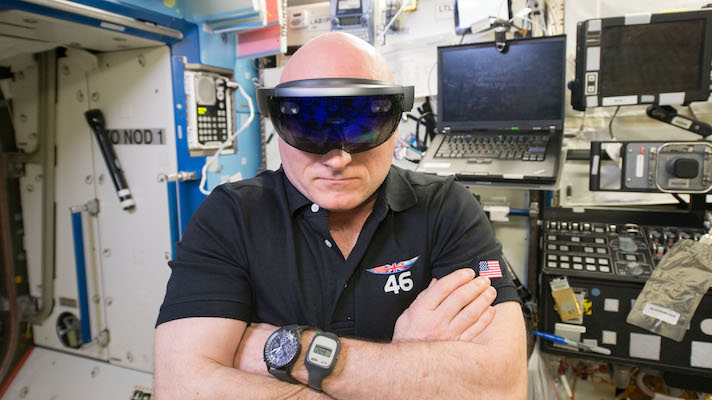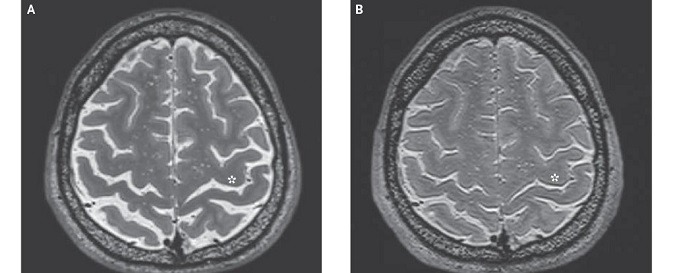Posts Tagged ‘brain-structure’
Study identifies protective brain structure that delays the onset of frontotemporal dementia symptoms over 2 years
Few people had probably heard of frontotemporal dementia until earlier this year, when the family of actor Bruce Willis announced the 68-year-old had been diagnosed with the condition. Frontotemporal dementia is a rare disease – thought to account for only one in every 20 cases of dementia. Symptoms usually develop in a person’s late 50s,…
Read MoreReading for pleasure during childhood may lead to higher brain/ cognitive development and mental well-being during adolescence
Early childhood is a critical period for brain development, which is important for boosting cognition and mental wellbeing. Good brain health at this age is directly linked to better mental heath, cognition and educational attainment in adolescence and adulthood. It can also provide resilience in times of stress. But, sadly, brain development can be hampered…
Read MoreLarge neuroimaging study finds social isolation to be an early indicator of increased dementia risk
Why do we get a buzz from being in large groups at festivals, jubilees and other public events? According to the social brain hypothesis, it’s because the human brain specifically evolved to support social interactions. Studies have shown that belonging to a group can lead to improved wellbeing and increased satisfaction with life. Unfortunately though, many…
Read MoreDon’t worry, be happy: How excessive worrying may influence the rate of neurodegeneration
Worrying and the Aging Brain (Dana Foundation): Over the past decade, scientists and clinicians have noted a significant association between common mental health conditions and accelerated brain aging—the changes to brain structure, physiology, and function that are thought to lead to later cognitive decline. Both depression and anxiety disorders, for example, are strongly correlated with…
Read MoreGrowing concern (and hope) about astronauts’ cognitive health during spaceflight
About the concern: Brain MRI scans may help NASA plan safer missions to space (Health Imaging): “Not a lot is known about cognitive impairment in humans during spaceflight,” Donna R. Roberts, MD, Medical University of South Carolina’s Department of Radiology, said in a statement
Read MoreNeuroimaging study finds significant changes in brain structure during long-duration space flight
MRI reveals brain changes during space missions (Medical Physics): “Astronauts living and working in space will experience the detrimental effects of microgravity on the human body. Astronauts aboard the International Space Station, for example, have experienced altered vision and increased pressure inside their heads, symptoms termed as
Read More





